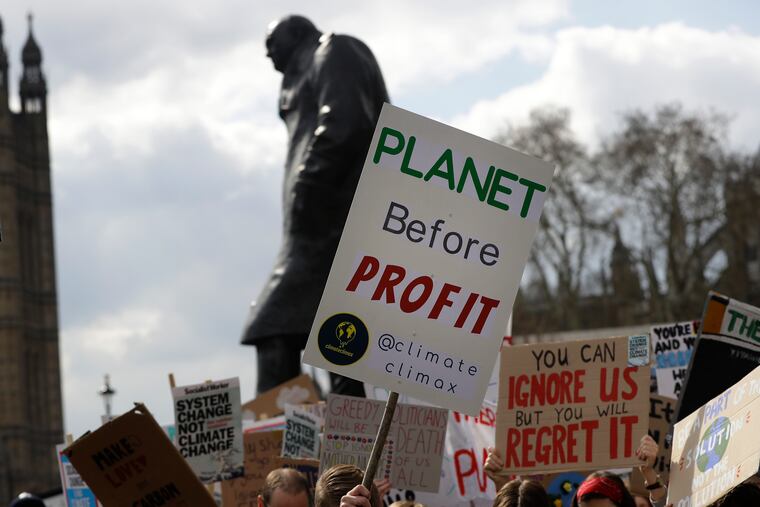Climate change appears to shape human fertility
In poor, equatorial countries, climate change may lead families to more children, and fewer resources to support them.

A growing body of studies suggests climate change could have impacts on human fertility, both increasing and decreasing it.
The latest study, published Thursday in Environmental Research Letters, used mathematical modeling to evaluate economic effects of climate change such as food scarcity, wages, and investment in children’s education.
The model examined two very different economies — low-income, equatorial Colombia and wealthy Switzerland — to see how parents might divide limited resources between supporting current family needs, having more children, and paying for each child’s education.
An author of the paper, Soheil Shayegh from Bocconi University in Milan, said in a release, “Our model suggests climate change may worsen inequalities by reducing fertility and increasing education in richer northern countries, while increasing fertility and reducing education in tropical countries. This is particularly poignant because those richer countries have disproportionately benefited from the natural resource use that is driving climate change."
Previously, UCLA researchers concluded that as climate change increases the number and severity of heat waves, getting pregnant may become more difficult. Their study, published in the journal Demography, pored through 80 years of U.S. birth data and found across all regions of the country, the birth rate dropped nine months after a heat wave.
They found evidence that this decline was not so much because people had less sex in hot weather, but because hot weather decreases sperm production.
Numerous other studies in insects and animal models have found that heat waves compromise sperm function.